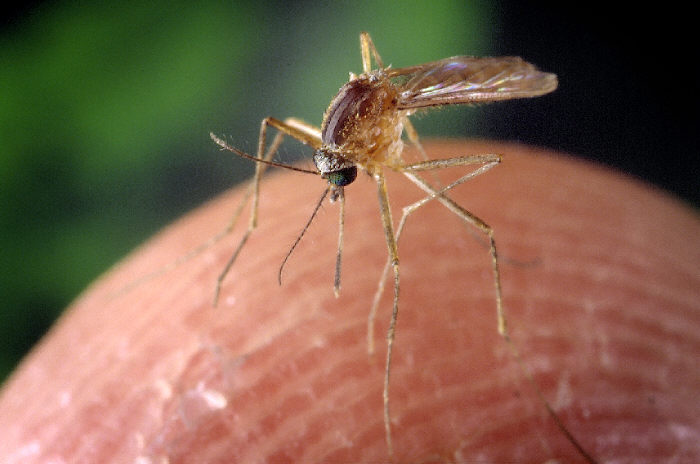Health officials in Spokane County, WA reported a human case of West Nile virus (WNV), as well as four cases in horses—all likely acquired in Spokane County. This is the first human WNV case reported since 2009.

Image/CDC
Washington State Public Health Laboratory confirmed the human case, which occurred in a male in his 40s who was briefly hospitalized and has since recovered. West Nile virus is spread through the bite of an infected mosquito and it is well established that some types of mosquitoes common to Spokane County are capable of transmitting the virus.
Washington Animal Disease Diagnostic Lab confirmed the virus in the four horses, only two of which recovered. With these confirmations, officials are urging individuals to control mosquito populations and prevent exposure to bites.
“Standing water is a breeding ground for mosquitoes that may be infected with West Nile virus,” said Dr. Joel McCullough, SRHD interim health officer. “During mosquito season, home and property owners should drain all standing water, at least twice a week, to prevent mosquitoes from breeding.”
There is currently no vaccine available for humans. Although less than 1 percent of people who become infected with West Nile virus will develop severe illness, some are at higher risk of severe disease, including those who are 60 years of age or older, those with compromised immune systems, or those with underlying medical conditions. Recently, a Benton County, Washington woman in her 70s died from the virus.
Symptoms of West Nile virus include headache, fever, neck discomfort, muscle and joint aches, swollen lymph nodes, and a rash, though up to 80% of people will experience no symptoms. Symptoms usually develop two to 14 days after being bitten by an infected mosquito. Those with more severe symptoms—such as severe headache or confusion—should seek medical attention.
There is no vaccine for human West Nile virus, and treatment is limited to caring for symptoms.
Related:

